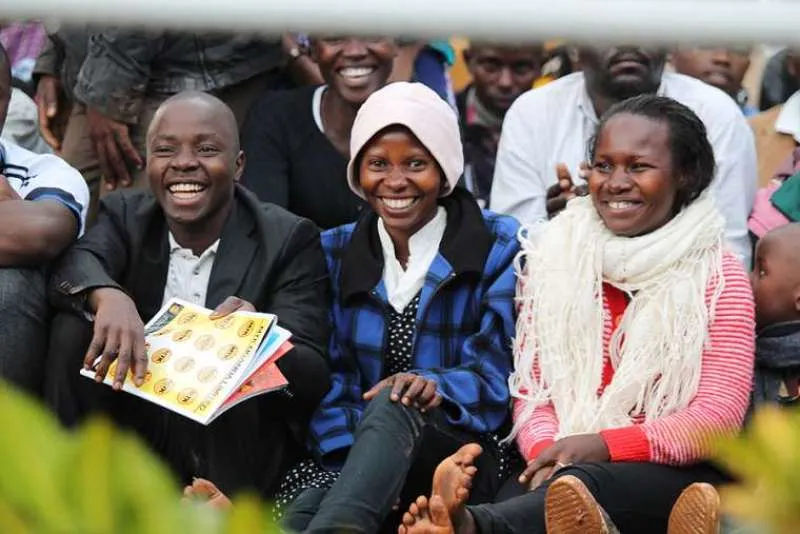Washington D.C., 23 June, 2019 / 7:26 am (ACI Africa).
Despite recent disparaging Western commentary on high African birth rates, fertility rates on the continent are normal when viewed in the context of development, new data analysis from the Institute for Family Studies shows.
The analysis comes weeks after French President Emmanuel Macron commented at a Gates Foundation event in New York that educated women do not choose to have large families. “I always say: ‘Present me the woman who decided, being perfectly educated, to have seven, eight or nine children,'” he said.
While Macron clarified that he was speaking about the lack of educational opportunities in African countries, his comments struck a nerve with women in the United States and throughout the world. One professor at Catholic University of America started the hashtag #PostcardsforMacron on social media, with which educated women from different countries shared photos of their large families.
In a new analysis published this week, Lyman Stone, a research fellow at the Institute for Family Studies, said that the fertility rate of most African countries is normal when other factors such as levels of development and child mortality rates are considered.
“What’s really going on here is quite simple: United Nations demographers have repeatedly messed up their forecasts of African fertility in more-or-less the same direction, and, rather than give a good explanation about why that is, the development community is responding by faulting Africans for having kids,” Stone wrote.




